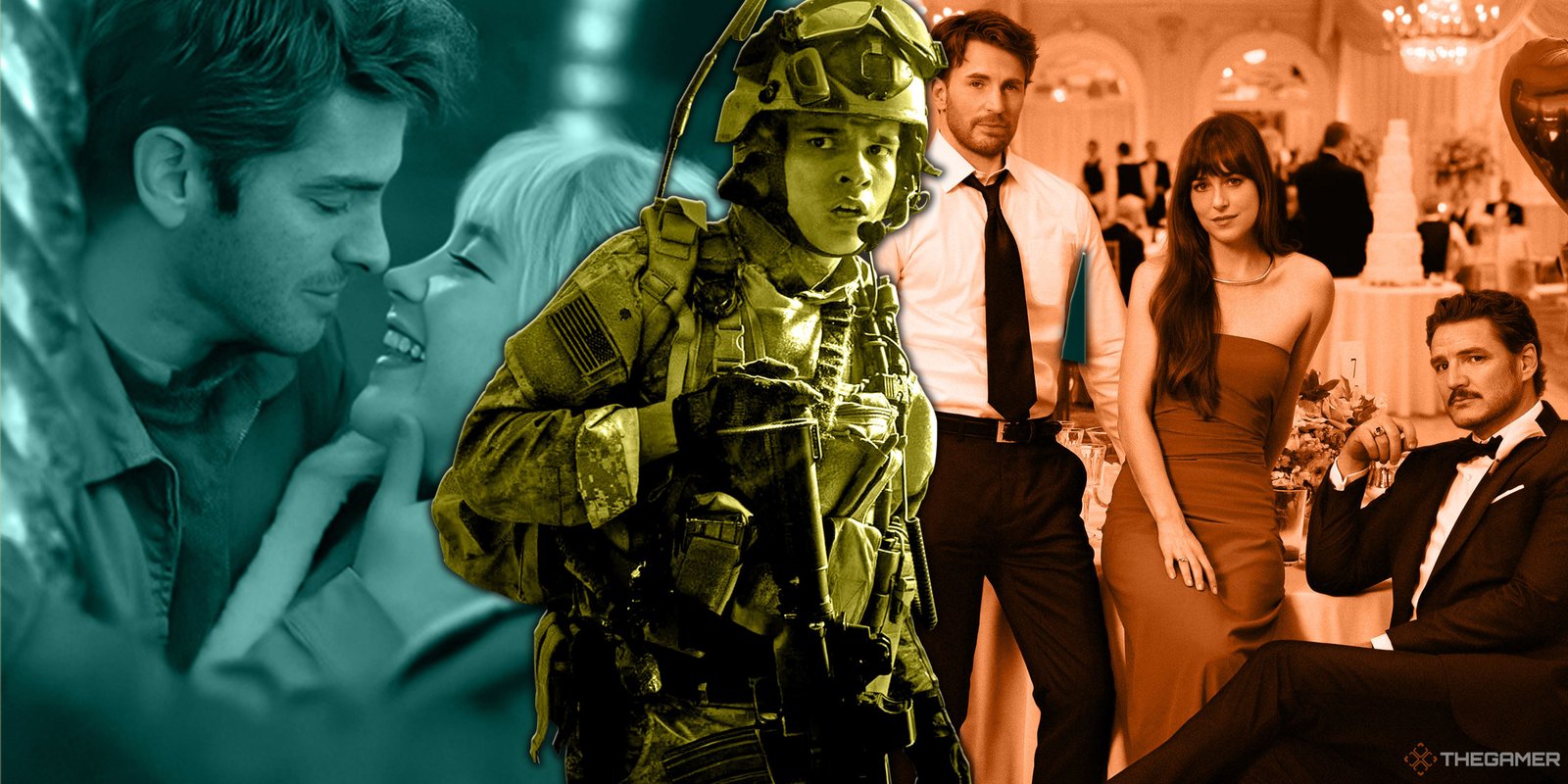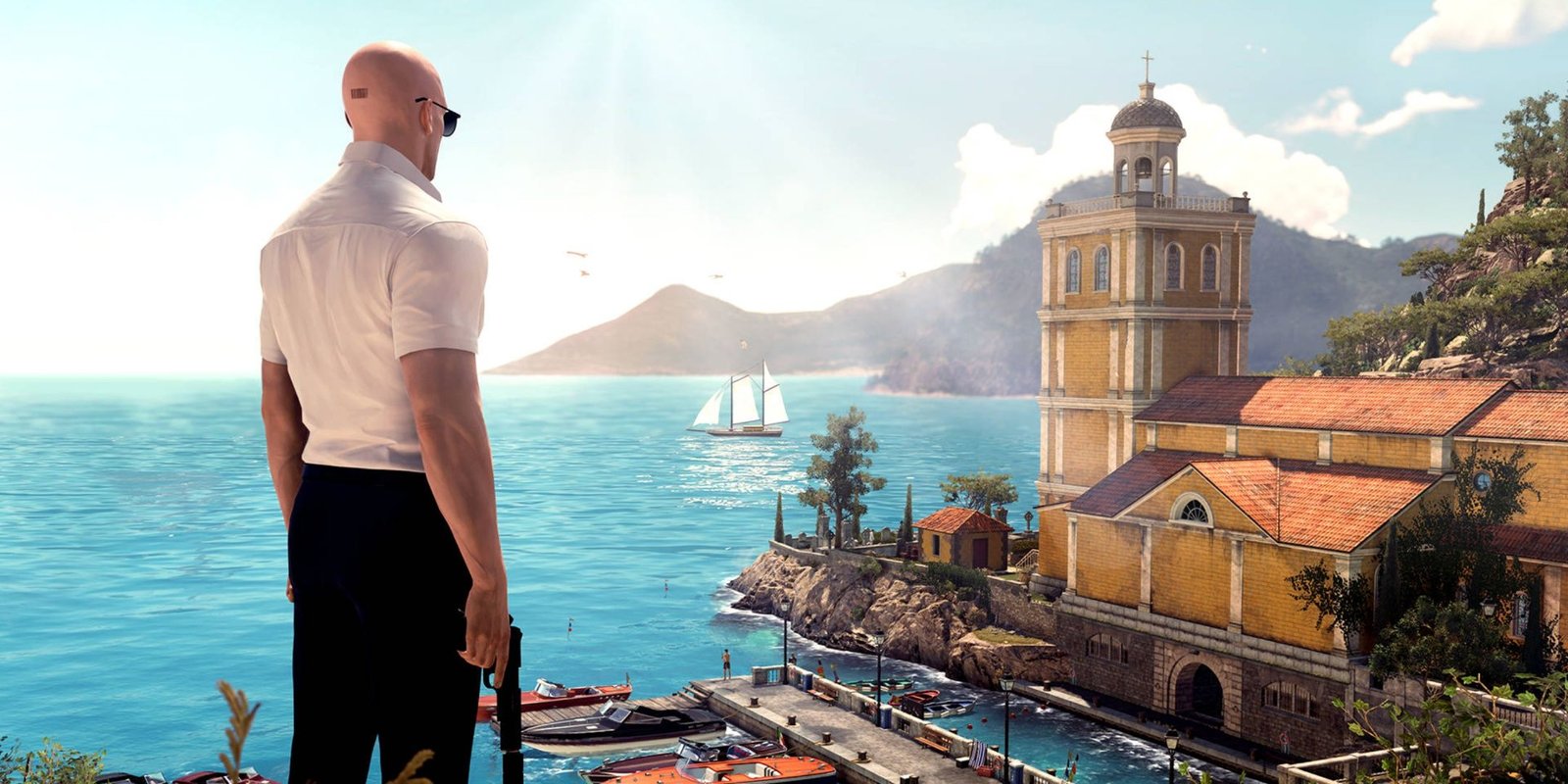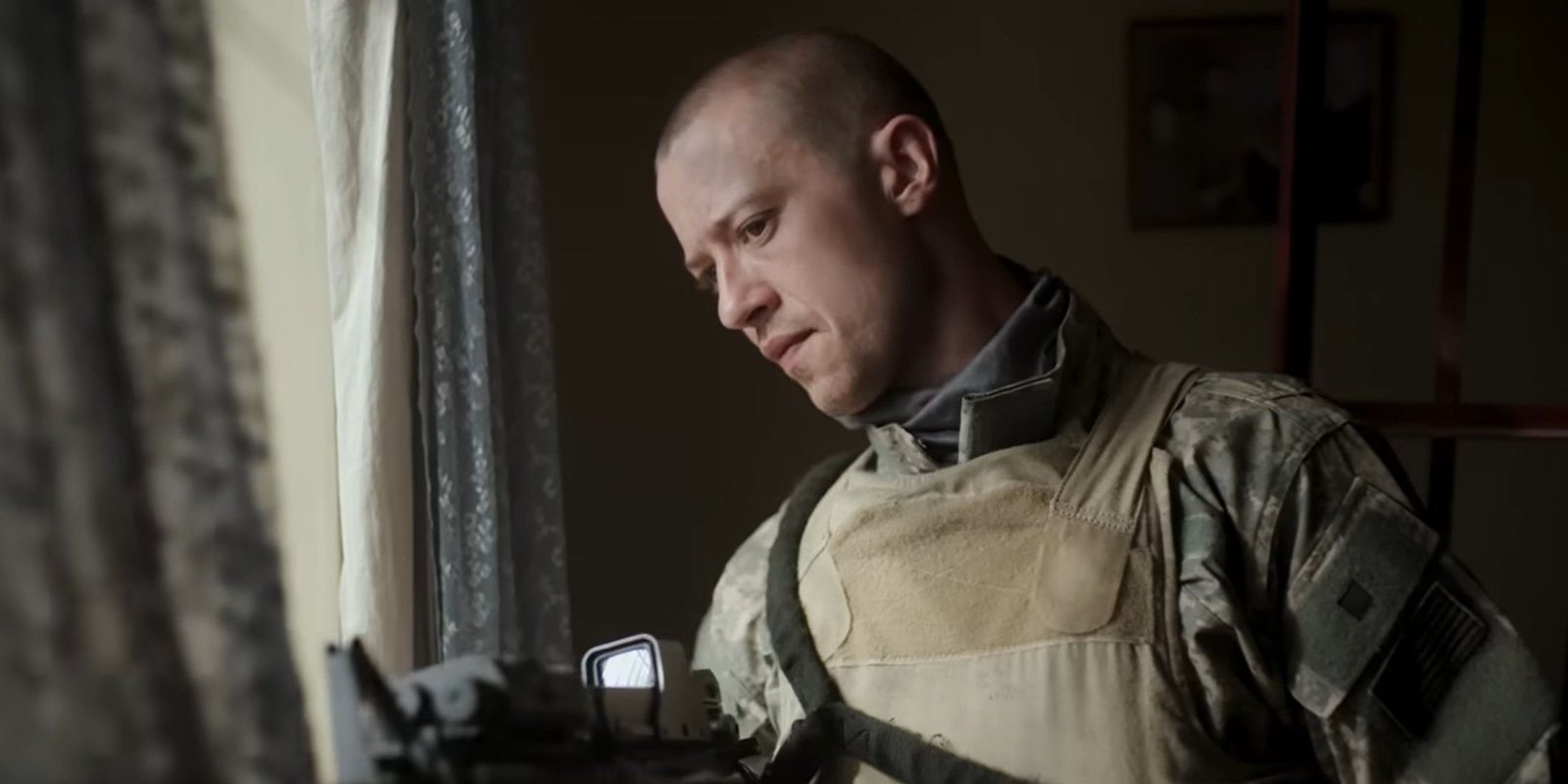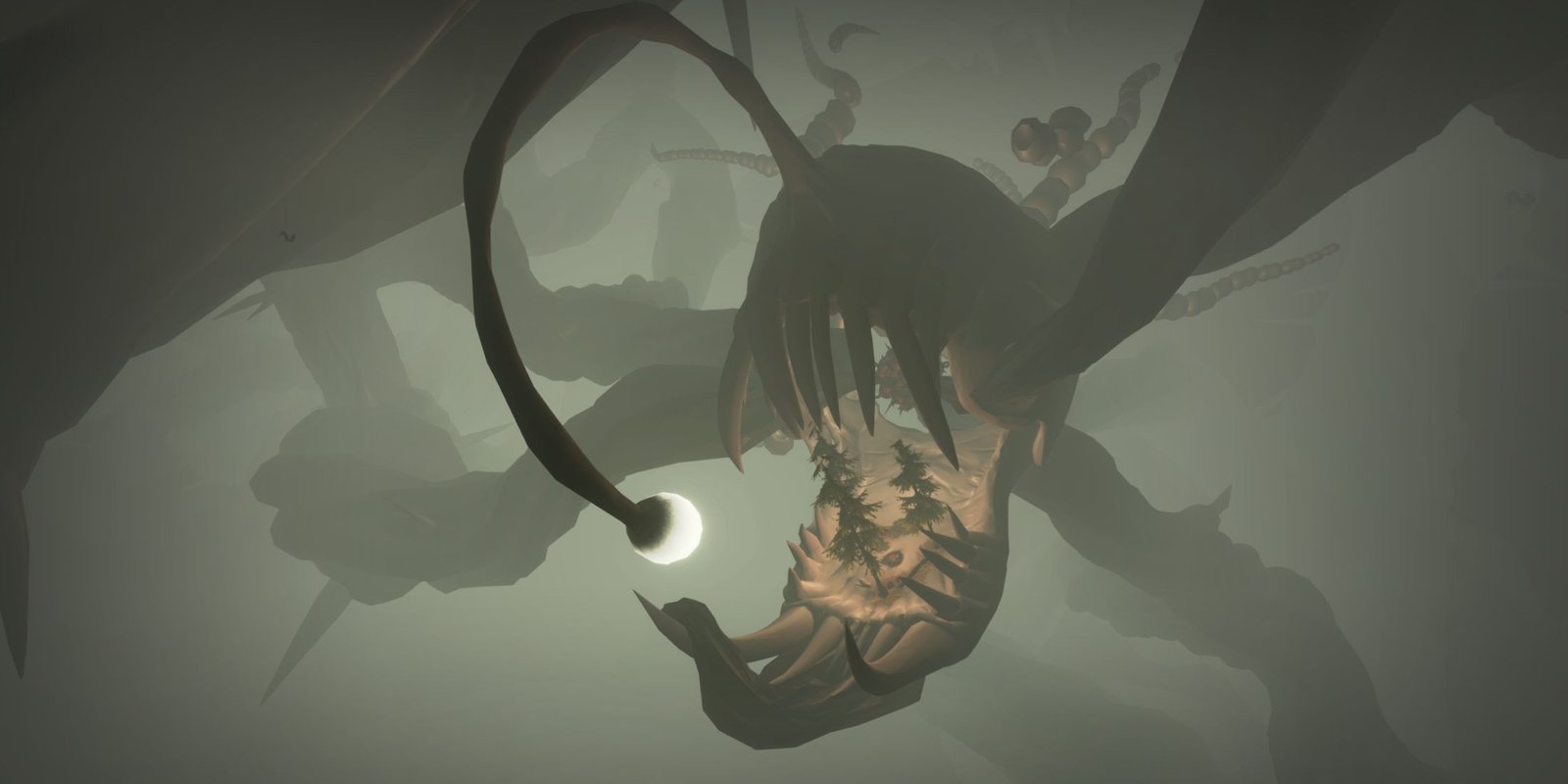I saw Warfare, the new Iraq War movie from directors Alex Garland and Ray Mendoza, with a pair of non-gamers. My friends are unusual dudes. One is in his early 40s, the other is in his late 20s, and neither plays or has ever regularly played video games. That led to an interesting conversation after the movie as I realized that video games like Outer Wilds and Hitman had primed me to enjoy the A24 film in a way my friends didn’t.
They both liked it, too, to varying degrees.
Observation Over Exposition
Warfare is set in 2006, during the Iraq War, and follows a U.S. Navy SEAL team that seizes a duplex held by Iraqi families, and uses it as their base of operations to provide sniper cover for a team of Marines. It’s a visceral, immediate movie. It gives you a sentence of on-screen plot set-up, then the movie just starts, and you have to attempt to find your footing.
It’s not unlike being rapidly introduced to a new social situation with no time for introductions. The movie gives you no backstories on any of the characters, it gives you no exposition to explain who they are. You’re merely dropped into their crew and need to observe them to pick up on their personalities, roles, and character quirks.
You quickly learn that Will Poulter’s character, Erik, is in command of this operation. By watching them interact with each other, you pick up that Cosmo Jarvis’ Elliot is a steely sniper, while Taylor John Smith’s Frank doesn’t have the experience or nerves to do the job as reliably. Sometimes a character will nod to dynamics more explicitly, like when Erik says that Kit Connor’s Tommy has “that new guy energy.” But generally, you feel like a fly on the wall, studying behavior, attempting to make heads or tails of interactions you don’t have quite enough context for.
My friends complained about that lack of context and to an extent, I get it. The movie gets into its military operation so quickly that it doesn’t really give you a reason to care about these guys. If it was structured like a more traditional movie, we’d get 15-30 minutes to set up our leads and their motivations before the mission began. That might be a good movie, too, but it isn’t what Warfare is going for.

Related
I’m Here For A24 Becoming A Modern Day ‘90s Film Studio
With upcoming releases Warfare and The Materialists, A24 is going for broader appeal.
Outer Wilds And Hitman’s Clockwork Worlds
I felt prepared for Warfare’s approach because this is how deduction-driven games set in clockwork worlds work, too. In the sci-fi adventure game Outer Wilds, you get 21 minutes each time loop to explore its miniature universe and observe its strange rules before the sun explodes, restarting the loop. You might read a note in an alien script that gives you a clue.
But success in the game is built on learning to play it like a nature documentarian. This approach will help you figure out when sand from one of the Hourglass Twins begins to transfer to the other, opening up caverns to explore. It will teach you when a comet is passing by a certain point in the sky. It will teach you not to get too close to the sun or you’ll fall into its orbit and burn to death.
Hitman, similarly, gives you plenty of explicit clues and mission objectives. But many of the stealth game’s most interesting discoveries can only be found by determining when an NPC’s routine will take them to a certain area, then eavesdropping or following them. You might spend hours and hours studying NPC behavior to figure out how to get that rich douchebag to hit an explosive golf ball, or how to avoid guards to sneak into a drug lord’s compound, or to find the right perch for an assassination.
These games don’t just give you their secrets, they ask you to meet them halfway. Warfare is abiding by similar rules, asking you to embed with its squad. It may not work for everyone. But if you’ve spent time playing games that ask you to watch and observe, you’ll feel right at home.

Next
Hitman Is Still The Most Fun You Can Have In A Video Game
Excellent work, 47.

